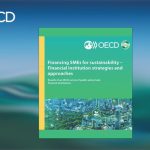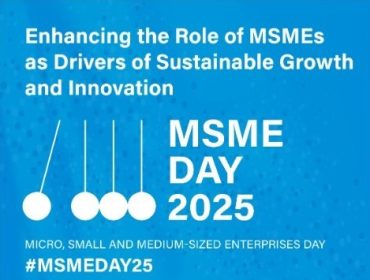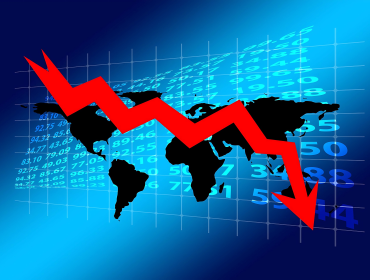
Financing SMEs for sustainability: results of an OECD survey on financial institution strategies and approaches
Finance is a critical catalyst for the netzero transition of small and medium-sized enterprises (SMEs), which account for about 40% of the aggregate GHG emissions of the business sector (OECD, 2023[1]). It enables SMEs to invest in adopting greener business practices. It also helps entrepreneurs and start-ups to develop and bring to market new
green solutions to help societies address the climate crisis. Yet, access to finance is one of the most important constraints that SMEs face in the transition to net-zero. In a 2023 survey, 48% of SMEs identified a lack of funding as a key obstacle to climate action. Nearly 70% stated that they need additional funds to take climate action or accelerate their progress on emissions reductions (SME Climate Hub, 2023[3])
Banks and other financial institutions have a central role to play in supporting the net zero transition of the business sector and its millions of SMEs. They are working to integrate climate considerations in various aspects of their operations, including strategy, management and financial products. This calls for the development of new internal capacities and access to SME sustainability data and assessments which are currently difficult to obtain.
A policy paper from OECD presents the findings of a 2023 survey of public development banks and private financial institutions and provides insights on financial institutions’ current approaches and plans for the integration of climate considerations in their SME operations. It also provides information on the offer of finance and non-financial support for SMEs’ net zero investments and on related SME climate-related data requirements.
For more info:
OECD (2023), “Financing SMEs for sustainability – Financial institution strategies and approaches: Results of an OECD survey of public and private financial institutions”, OECD SME and Entrepreneurship Papers, No. 46, OECD Publishing, Paris, https://doi.org/10.1787/b3fe3647-en
Photo credits: MrJub
Related Post
MSMEs Day 2025: Enhancing the role...
MSME Day 2025 comes at a pivotal moment—just ahead of the Fourth International Conference on Financing for Development (FfD4) in Sevilla...
SME Performance Review: the Annual Report...
Despite ongoing economic headwinds and geopolitical uncertainties, Europe’s 26.1 million SMEs continue to demonstrate remarkable resilienc...
How small businesses can navigate global...
Micro, small, and medium-sized enterprises represent the vast majority of businesses worldwide and are vital to global employment, yet they ...







